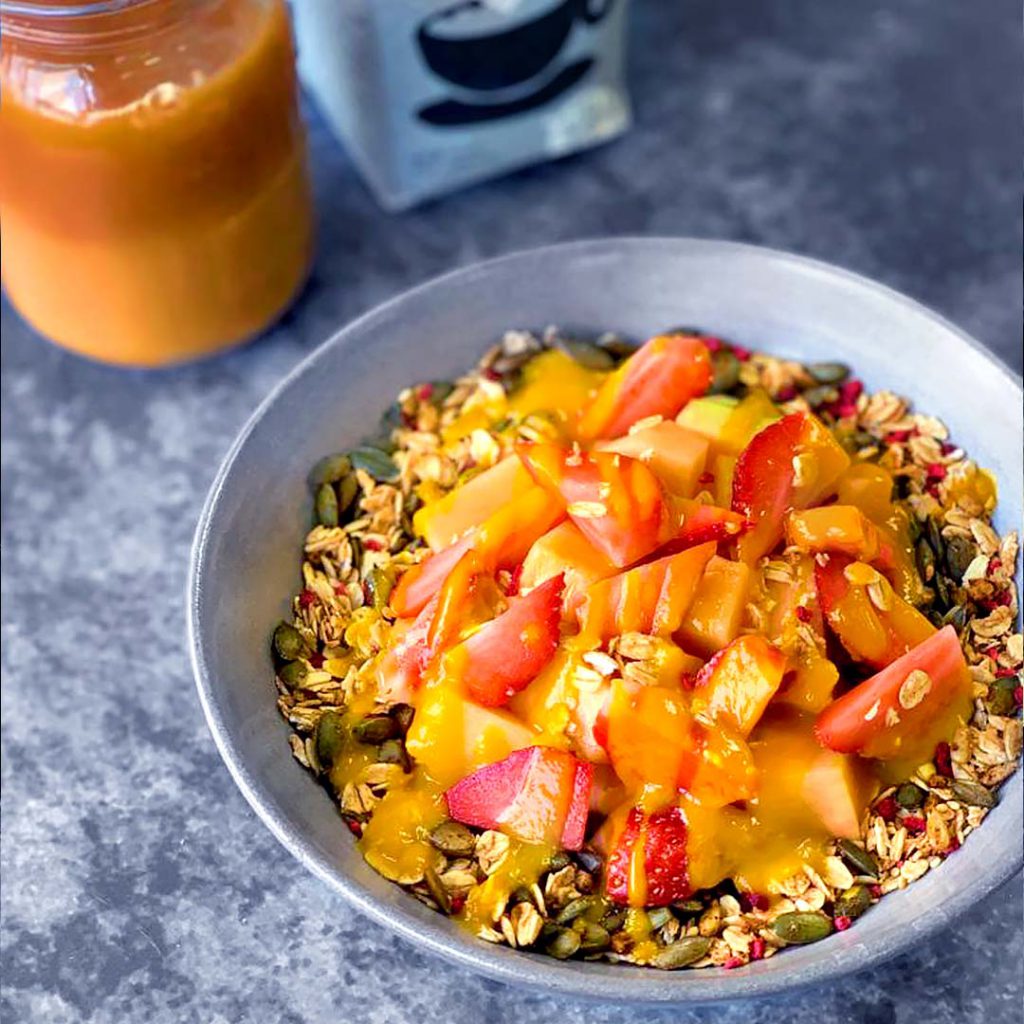Vegan Protein Sources

Dietary protein is broken down in the digestive tract into amino acids. There are 21 amino acids of which 9 are essential. Essential amino acids cannot be synthesised by the human body, and therefore need to be obtained through food. Food sources are considered a ‘complete protein’ if they have all 9 essential amino acids in the right amounts. Complete proteins are more often found in animal based foods but it’s not impossible to get these from plants using clever combinations of varying plant based proteins. This is where the famous beans and rice combination comes from. On their own, rice and beans provide some essential amino acids, but together they form a complete protein, providing all 9 essential amino acids.
We’ve provided some of our favourite vegan protein sources below, alongside their protein content per 100g to help you on your way:
-
Pulses – lentils (7.6g/100g) and chickpeas (8.4g/100g)
-
Beans – black beans (8.9g/100g), kidney beans (6.9g/100g)
-
Grains – quinoa (4.4g/100g), wild rice (4g/100g),
-
Oats – (11.2g/100g)
-
Nuts – almonds (21.1g/100g), walnuts (14.7g/100g), hazelnuts (14.1g/100g)
-
Peas (5.4g/100g)
-
Hemp (36.7/100g)
- Rethinking Happy Hour: The Science Behind Alcohol and Health - January 23, 2025
- The Truth About Carbs: Breaking Down the Science Behind This Vital Nutrient - January 15, 2025
- Detoxing vs. Nourishing: The Science of Post-Holiday Resets - January 3, 2025